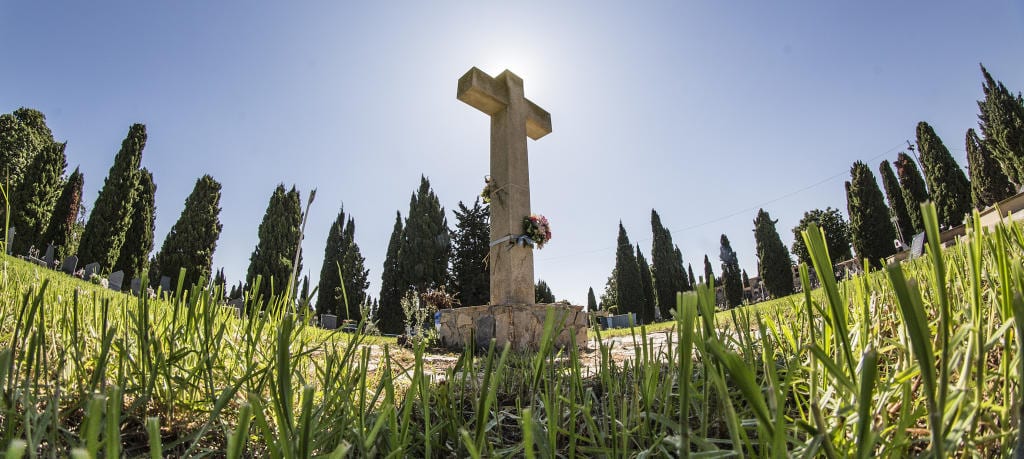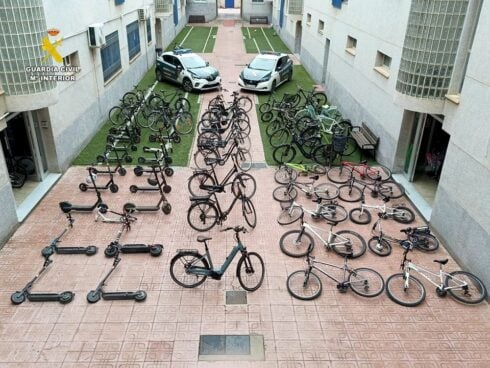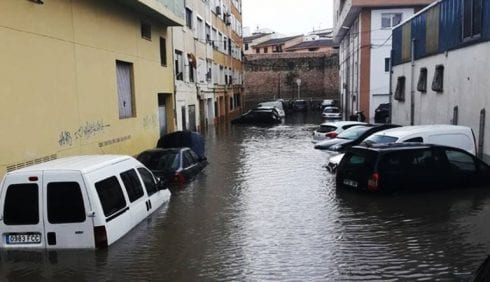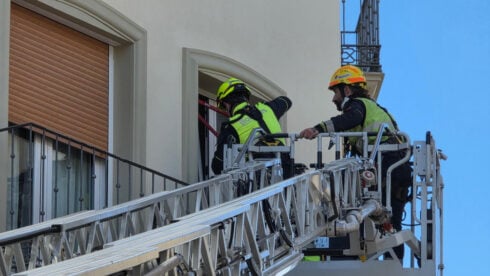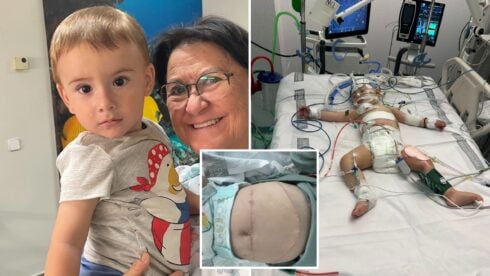A YOUNG girl shot and killed for holding a pamphlet in Dolores, a professor dispatched without prior trial in Alicante – these are the stories about to resurface as the Valencian Community decides to exhume every single one of its mass graves.
The Department of Participation, Transparency and Cooperation estimates that 500 of these slumber beneath the Community – with 77, containing 400 victims, in Alicante alone.
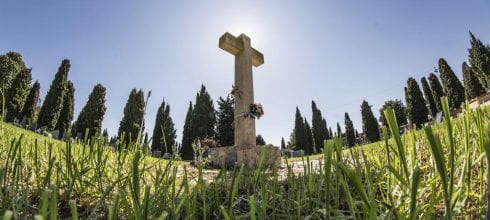
Dismantling the legacy of the Spanish Civil War (1936-39) and its aftermath, the department’s councillor Rosa Pérez Garijo says they will work ‘as swiftly as possible’ to create a Community ‘without mass graves’.
“It is an obligation the Valencian Generalitat has to take our democracy forwards,” Pérez Garijo told Diario Información.
The move comes just days after Spain’s Supreme Court gave the go ahead for the reburial of former dictator Fransisco Franco, which brought historical memory back into the centre of public debate.
READ MORE: Spain’s Supreme Court gives go ahead for reburial of former dictator Francisco Franco
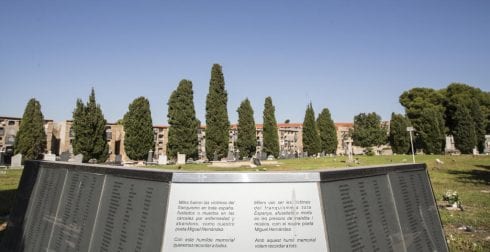
“We must take into account there have been very few exhumations in the more than 40 years since Franco’s death,” said Pérez Garijo.
“This new measure will allow families to access the remains of their loved ones after such a long time.”
She said the measures would not have come about were it not for associations and victims’ families crying out for reconciliation.
Pérez Garijo in particular named Ascención Mendieta, who in 2017 – aged 91 – finally found the remains of her late father shot in Guadalajara back in 1939.
“What joy, what joy – at last I can sleep in peace,” Mendieta told reporters upon discovery of her father’s remains, ending a lifelong battle to give the ex-director of an influential trade union a dignified burial.
“With these successful actions, we will be able to respond to the demand of thousands more families,” Pérez Garijo said.
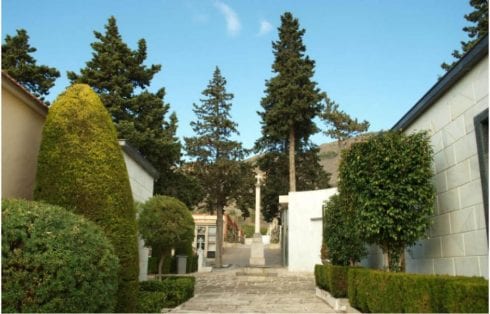
Her department expects to complete the exhumations across the Community by 2023, when the governing coalition goes back to the polls.
She has urged municipalities to collaborate in the process to make it ‘less costly’ and further the cause of ‘justice and reparations’.
Click here to read more Spain News from The Olive Press.

